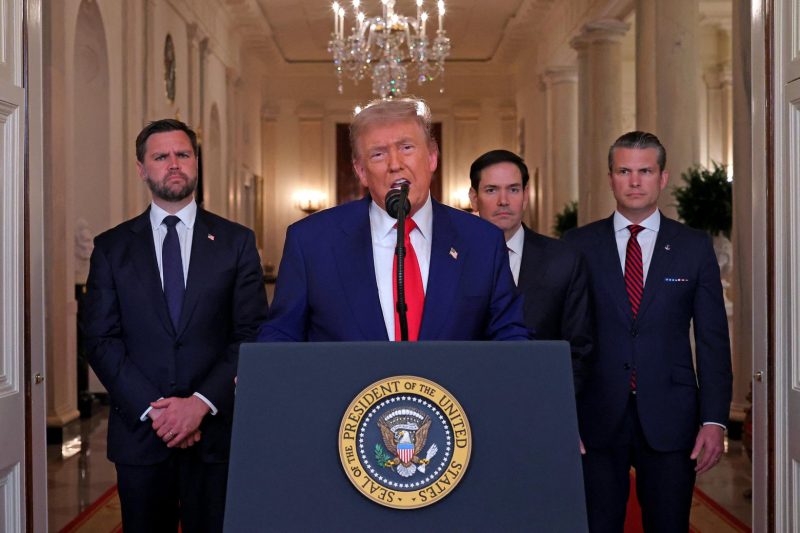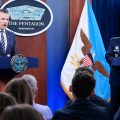
The recent US attack on Iranian assets has sent shockwaves through the international community, prompting widespread condemnation and raising serious questions about the potential consequences. While the specifics of the attack remain somewhat unclear, the move represents a significant escalation of tensions in a volatile region already teetering on the brink. This bold action, taken by the Trump administration, is widely viewed as a high-stakes gamble with potentially devastating repercussions.
The immediate aftermath has seen a surge in uncertainty. Markets are reacting nervously, and diplomatic efforts to de-escalate the situation are underway, though their success remains far from guaranteed. Analysts are divided on the motivations behind the attack, with some suggesting it was a response to perceived Iranian provocations, while others point to domestic political calculations within the US. Regardless of the underlying rationale, the action itself has undoubtedly increased the risk of wider conflict.
The potential for regional instability is immense. Iran, a powerful regional player, has vowed retaliation, raising the specter of a wider conflict that could easily draw in other nations. The humanitarian consequences of such a scenario would be catastrophic, with the potential for widespread loss of life and displacement. Furthermore, the economic fallout could be equally devastating, impacting global energy markets and triggering a wider economic downturn.
This situation underscores the critical need for careful diplomacy and restraint. Escalatory actions, however justified they may seem in the short term, often lead to unforeseen and undesirable outcomes. The current crisis serves as a stark reminder of the inherent dangers of military intervention in complex geopolitical scenarios. The international community must work collectively to de-escalate the situation and find a peaceful resolution before the situation spirals further out of control. The stakes are simply too high to allow this gamble to continue unchecked.










